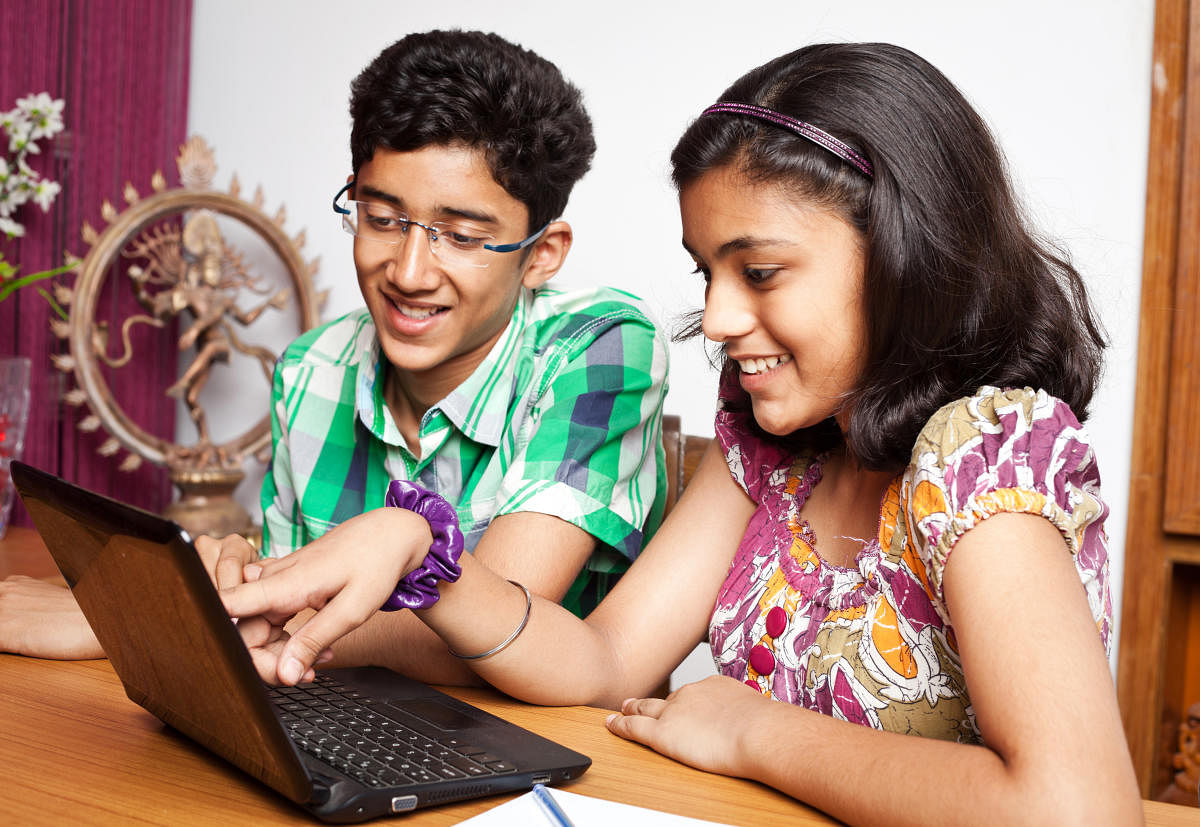
As a nation, we are collectively in a drastically altered life. What worries me the most is the condition of our teenagers in schools and colleges who are dealing with the often invisible but extremely potent effects of the pandemic.
They have been locked in their homes for more than a year, unable to meet and spend time with friends and are compelled to attend online lectures that deprive them of physical interactions – an integral component of in-class learning – do precious little to instill excitement and alleviate boredom, leading to an unenviable learning experience.
The anger, frustration, sadness, and fear at missing out on conventional yet life-defining learning experiences coupled with tremendous biological and hormonal changes typical in teenagers are wreaking havoc on their fragile minds.
Here are some suggestions we can incorporate to help our teens and young adults deal with this pandemic better:
An outlet: Encourage them to talk about their feelings openly and comprehend their impact on their decisions. Advances in research on human behaviour and social sciences educate us on the numerous known emotions impacting our moods, behaviours and critically, our choices. Students must know the underlying emotions that are impacting them so that they can make informed decisions about their future. TED talks and podcasts by neuroscientists, entrepreneurs and authors do a great job explaining these complex emotions and their impact on decision-making.
Stick to routines: In his famous commencement address at the University of Texas in 2014, Admiral McRaven said that to change the world, one should start by making their bed. McRaven explains that this routine develops resilience and coping mechanisms in a person. Routines keep the mind disciplined and inspire good habits in the long run. Pacing up and down our home and clocking a few miles, cleaning and rearranging bookshelves or cupboards, writing, breathing exercises are good habits to pick up.
Avoid things that drain you: Constant scrolling on social media or mindlessly flicking through news channels might adversely impact your teen’s fragile emotional state. Instead, encourage them to invest time in books, movies, and podcasts on topics that relax them. Spend more time with your teens, and regale them with stories from your childhood. Bonding will ease their loneliness and sadness.
Identify your zone: Covid times might be the best time for your teen to explore their passions and interests deeper. Encourage them to make a list of things they love doing and help them hone their skills in these. It could be playing a musical instrument, oratory or even coding! Once their skills and challenges maximise, they will experience their zone or flow, which is the best way to ride out this storm and stay motivated. Books and talks by eminent scholars give more insights on how to find one’s zone.
Help someone else: In 1977, famous lyricist Anand Bakshi wrote a lovely song for the film Anurodh. The song went like this, “If you feel lost, help someone else who is lost find their path. In that act, you will find your own.” Encourage your teen to help others deal with this situation and find their path. This will help them deal with trying times like these better.
Unfortunately, the repercussions of this pandemic will last for a long time. Let’s equip our teens and young adults with tools that will make them mentally and emotionally tough, helping them emerge from this chaos stronger and wiser.
(The author is a communications professor, researcher and author)